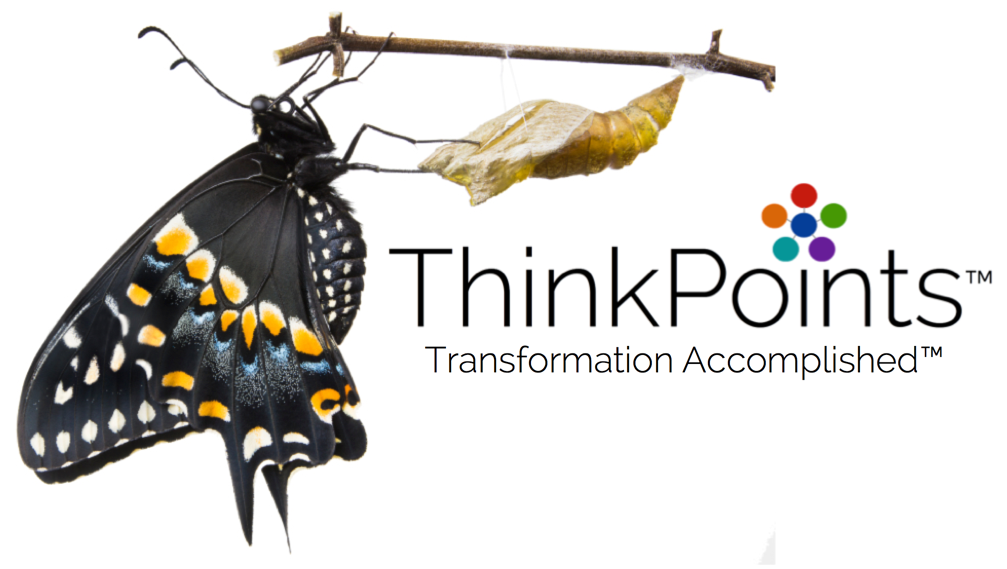 Mature businesses tend to suffer from the same issue when it comes to innovation: inertia. Said another way, they have a hard time breaking away from the status quo. Consequently they continue to orbit around their core product portfolio developing little more than the equivalent of the next flavor of Jell-O. Which means results continue to languish.
Mature businesses tend to suffer from the same issue when it comes to innovation: inertia. Said another way, they have a hard time breaking away from the status quo. Consequently they continue to orbit around their core product portfolio developing little more than the equivalent of the next flavor of Jell-O. Which means results continue to languish.
We all know what happens next. Businesses do what they always do. The leadership decides they need to remake themselves, generate some cash, get rid of the dead weight. They use conventional wisdom to follow a conventional path.
First they call a big consulting firm that analyzes and reformats most of what the business already knew. But the analysis is cool and the deck is superb. Nobody outside the executive team voices much opposition because, after all, the consultancy is working for the corner office. Everyone else is suffering from agreement syndrome.
Then, after the plan is presented and the board of directors approves, the restructuring begins. Unfortunately, they conduct their restructuring from the top down. As a result, massive change is happening to the organization instead of by the organization. We all know what happens to buy-in…
And of course there are those hidden flawed assumptions that senior leadership has about the impact of their efforts on everyone else.
Seventy percent of the time all these efforts to remake the business fail.
Given the history of failure, it’s time to approach things differently.
Successful transformation remakes a business in five key areas. Some areas need more work than others. None of the areas can be overlooked.
The five areas are what we call ThinkPoints™. The five ThinkPoints™ are:
Combined, these five areas form and sustain the culture of your organization. And the culture of your organization cannot be changed by some top-down conventional restructuring initiative. It’s too massive, which is why the conventional approach so often fails.
So here’s the secret to remaking your culture.
That’s why the ThinkPoints™ approach “socializes” the transformation (or any other strategic initiative). By socializing the effort, everyone is engaged in the process of remaking the organization and so it is change by the organization, not change to the organization. It is change that avoids the hidden flawed assumptions of senior leaders. It is transformation that unleashes discretionary effort and the latent innovation in the workforce. ThinkPoints™ is Transformation Accomplished.
